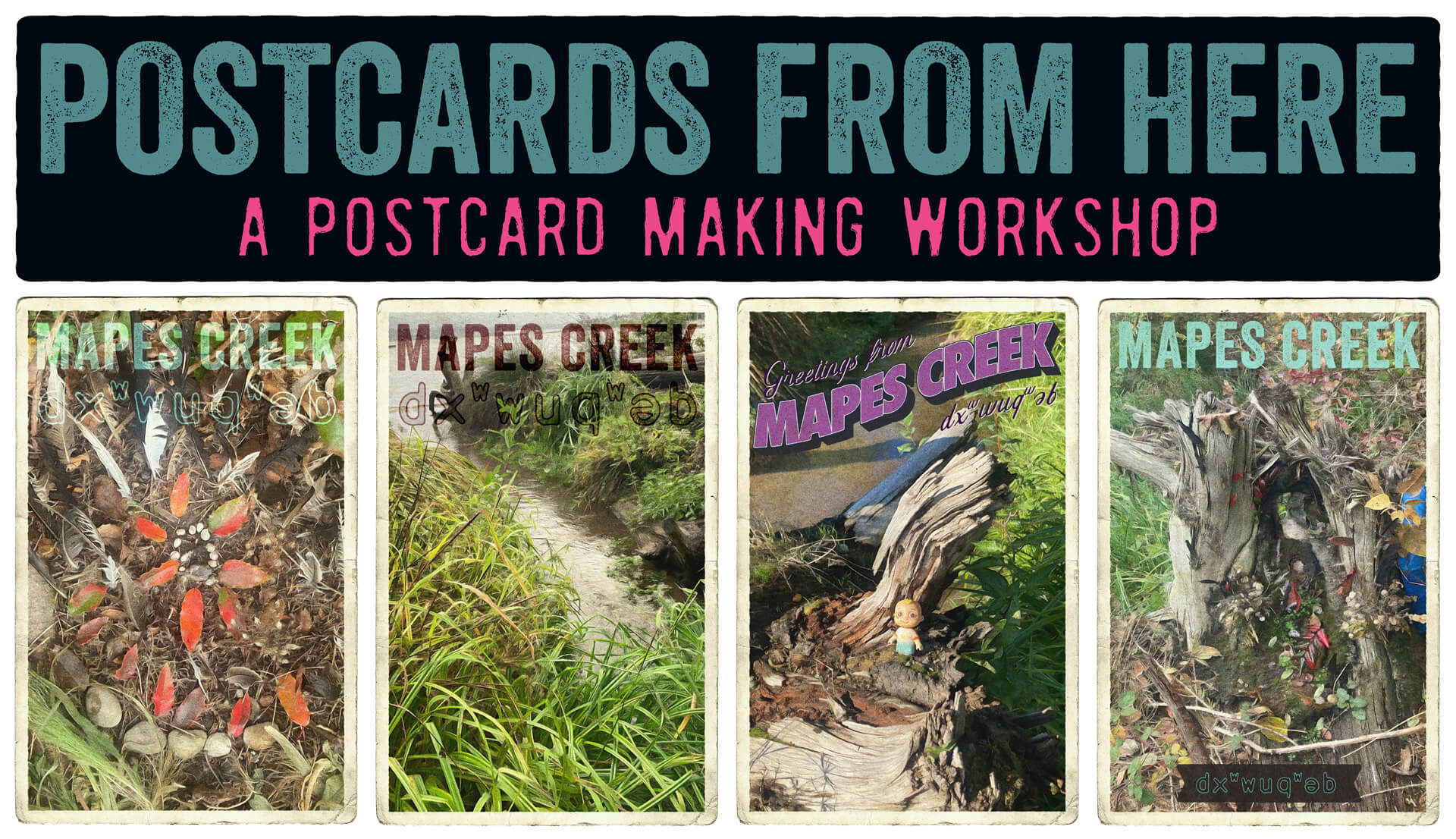
Raven Chronicles
Theme for Raven Chronicles’ Vol. 19, Winter 2013-14 Issue:
“Race — Under Our Skin”
Many agree that race is a social construct, born out of ideas of superiority and inferiority, a social construct that has shaped our history, both collectively and individually, and continues to do so. Race plays a part in how others define us, as well as in our individual sense of who we are, and what group, or groups, we belong to. Race continues to confer both privilege and discrimination, evoke both pride and fear, call up/suggest both inclusion and exclusion. Yet racial boundaries have never been simple, have never remained unbroken, or unchallenged, or static. Mulatto, half-breed, mixed-race, other; passing, blood quantum laws, land, civil rights, integration; immigrants, refugees, illegals, legals, country of origin, what temples we pray in, what makes its way into school textbooks…
Seeking stories, memories, desires, family legends, half-buried truths, images, poems, your rants and raves, your good experiences and bad, the worst and the best and, above all, send us your dreams. No one is neutral on this topic.
Note on the origin of this theme:
Raven Chronicles’ theme is in conjunction with the City of Seattle and regional arts groups whose work addresses issues of race and social justice. In the fall of 2013, (September 28, 2013 – January 5, 2014), Seattle’s Pacific Science Center will host the exhibit RACE: Are We So Different. This exhibition was developed by the Science Museum of Minnesota in collaboration with the American Anthropological Association. Since its original run in 2007, RACE has sparked conversation and contemplation at institutions in over 25 cities all across the United States. By deconstructing historical, scientific and social ideas of race, the exhibit helps guests understand what race is and more importantly, what race is not. It accomplishes this by focusing on three main themes: the everyday experience of race, the history of the idea of race in the United States and the science that is challenging some commonly held ideas about race.
Deadline: October 1, 2013
Response: Mid-November, 2013
Publication: December, 2013
Poetry: Tiffany Midge
Fiction: Anna Linzer
Creative Nonfiction: Anna Balint
Reviews: Stephanie Lawyer
Spoken Word: Phoebe Bosche









I am very interested in contributing to this; I think the guidelines imply the call is for everyone and not just local writers because it is open to international writers. Am I right about this or is it really that they prefer local regional writers? Would a story set in PA from a writer living in TN be considered?
Thanks
John